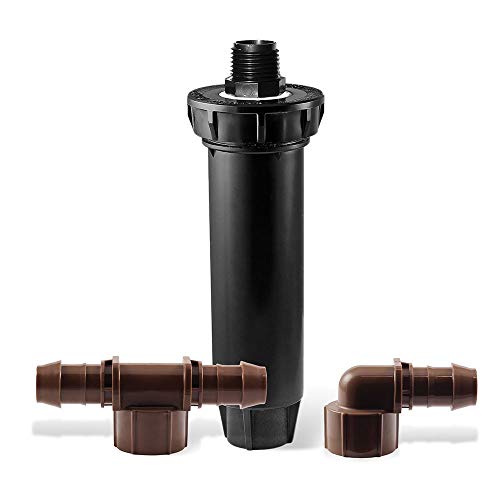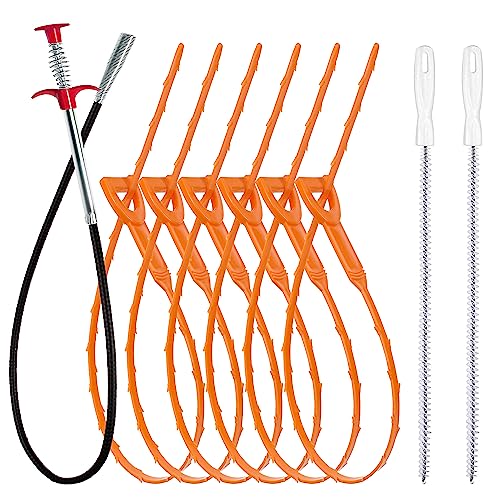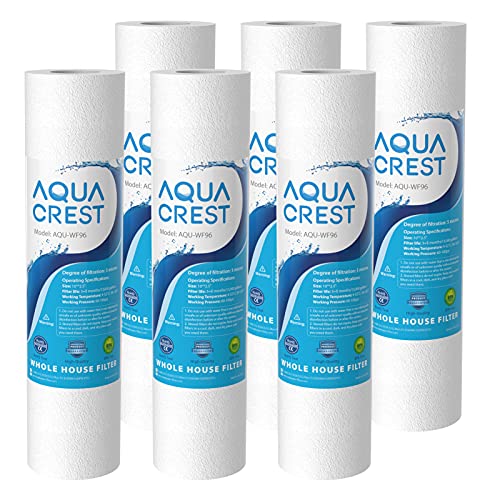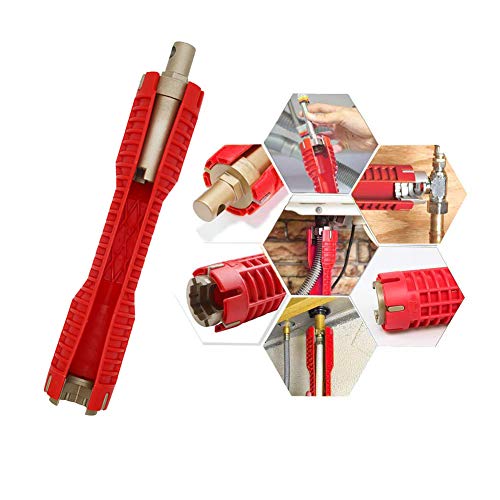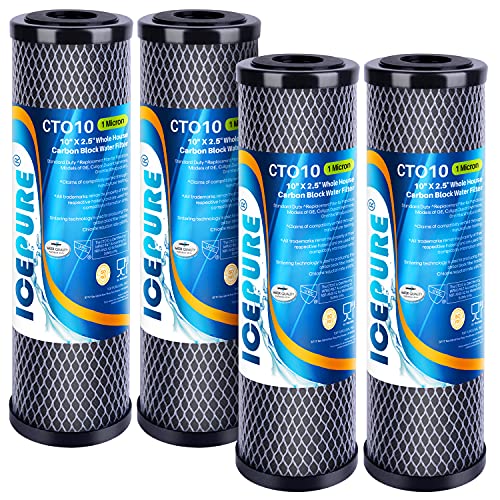Does it cost the same to maintain a higher temperature setting as a lower temperature setting in your hot water heater? I think the initial startup from a lower setting to the higher setting causes the higher cost, but once you are at the desired temperature, shouldnt it cost the same to maintain that temperature whether it is 110 or 160 for example?
Besides for the risk of bacterial growth with lower temps, what do you guys think cost wise?
Besides for the risk of bacterial growth with lower temps, what do you guys think cost wise?





